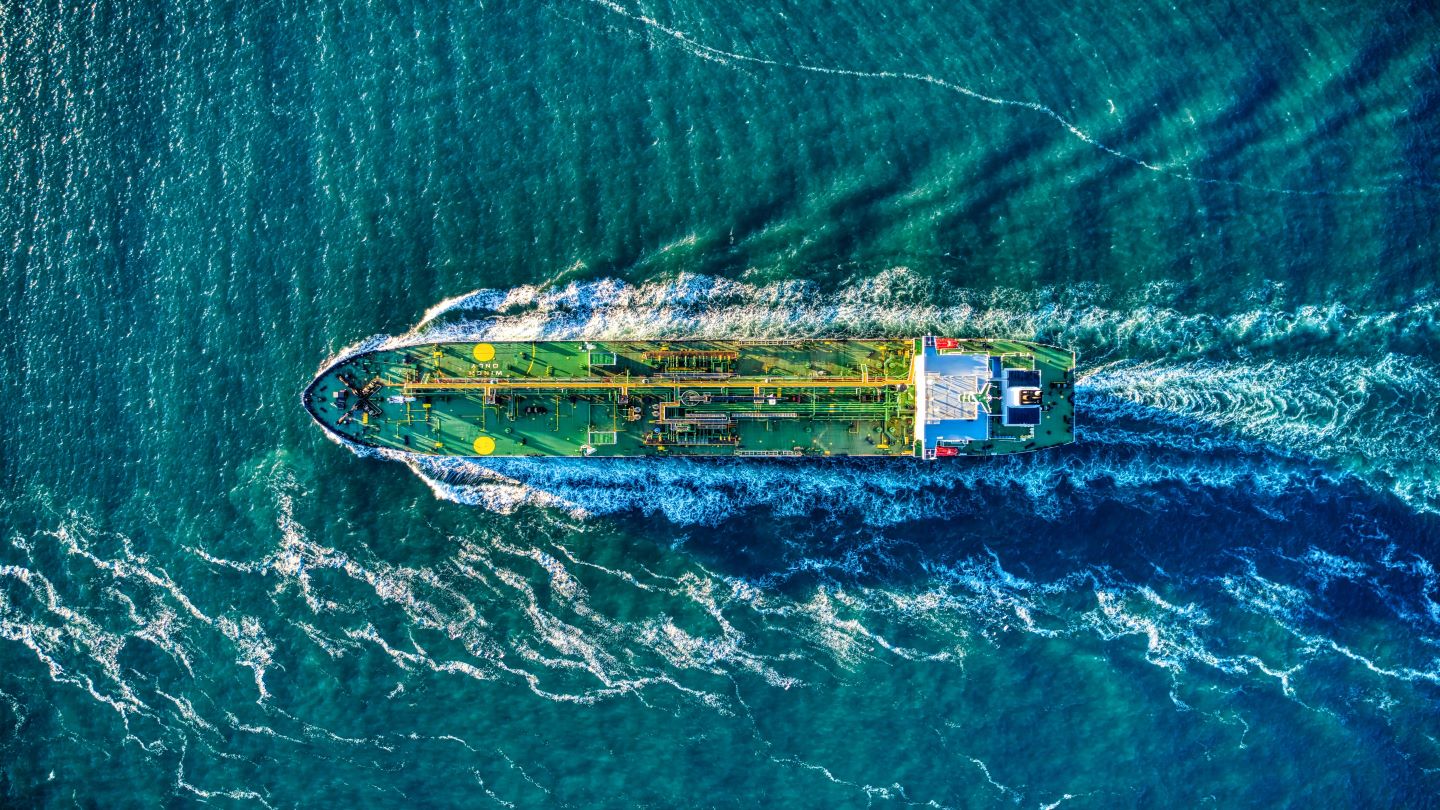
The Green Ray project for the development of solutions to lower methane slip from liquefied natural gas (LNG) fuelled engines has received nearly €7m from Horizon Europe, the European Union’s key funding programme for research and innovation.
Coordinated by the VTT Technical Research Centre of Finland, the project will be implemented by a consortium that will include Wärtsilä and various entities from across the shipping value chain
Shipowner CMA CGA, shipyard Chantiers de l’Atlantique, classification society DNV GL, the Finnish Meteorological Institute, ship manager MSC Cruises Management, non-profit organisation Revolve Water and energy firm Shell will all contribute to the project.
The project will engage in the development of on-engine technologies for low-pressure dual-fuel engines, including two-stroke and four-stroke, as well as a new after-treatment concept.
Advanced to a high state of technology readiness, the solutions consist of demonstrators deployed on two newbuilds and one retrofitted on an existing vessel.
The technologies developed under the project will also have the potential to use bio or synthetic methane as well as fossil LNG.
How well do you really know your competitors?
Access the most comprehensive Company Profiles on the market, powered by GlobalData. Save hours of research. Gain competitive edge.

Thank you!
Your download email will arrive shortly
Not ready to buy yet? Download a free sample
We are confident about the unique quality of our Company Profiles. However, we want you to make the most beneficial decision for your business, so we offer a free sample that you can download by submitting the below form
By GlobalDataWärtsilä will focus on the development of technology for low-pressure four-stroke dual-fuel engines, which will reduce methane slip, enhance efficiency and cut down operational costs at all engine loads.
The technology for four-stroke engines will mainly be used for systems installed on cruise ships, ferries and gas carriers.
To cut down methane slip from tankers and container ships, the firm will develop an on-engine technology for two-stroke engines around a patented LNG injection system.
During the project, both technologies will be demonstrated in real applications at sea in partnership with the Green Ray project entities.
A proprietary methane abatement catalyst system, developed by Shell, was lab tested and scaled up for a field demonstration.
Wärtsilä Marine Power research coordination and funding general manager Sebastiaan Bleuanus said: “This research will allow us to build on the continuous improvements made in reducing methane slip from engines over the past twenty years.”







